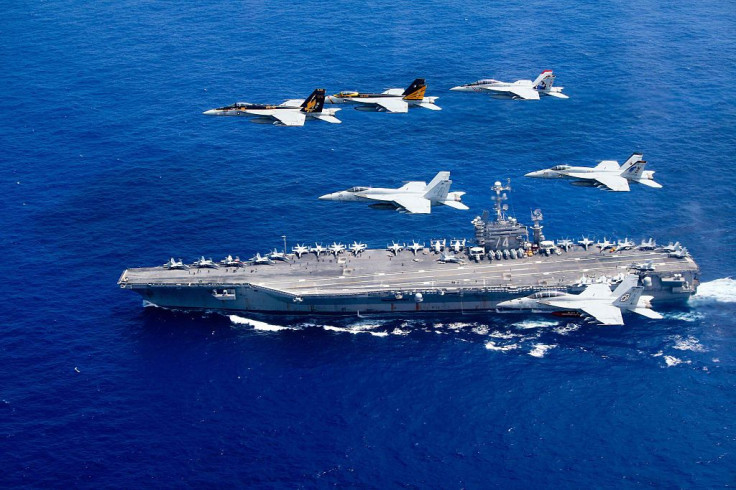US To Build Australia Port To Base Marine Assault Ships, Report Says

The United States military is making plans to build a $211 million base in Darwin, Australia. The base could be used by U.S. amphibious assault ships as well as Australian dock ships capable of landing helicopters, reported Australian Broadcasting Corporation (ABC) News.
There are currently no permanent U.S. military facilities in Australia so this may upset Australia’s diplomatic relationship with China, already engaged in a trade war with the United States. The Marine Corps Times reports that the U.S. views Australia as a key area to move some troops currently stationed in Okinawa, Japan.
Australia has deep economic ties with China due to its geographical proximity but also is a U.S. military ally that puts Canberra, the capital of Australia, in a fragile position with Beijing.
In a November 2018 speech, Prime Minister Scott Morrison said, “As economic power shifts, it’s unsurprising that nations will seek to play a bigger strategic role in our region. China, in particular, is exercising unprecedented influence in the Indo-Pacific. Inevitably, in the period ahead, we will be navigating a higher degree of U.S.-China strategic competition.”
A deeper analysis of the relationship between China and Australia can be found on the Australian Strategic Policy Institute (ASPI) commentary and analysis site the Strategist.
A recent article states that a “systematic government effort is needed to neutralize Beijing’s relentless and multifaceted campaign to ‘Finlandize’ (Force a smaller weaker country to abide by the larger country’s foreign policy while allowing some nominal independence) Australia by decoupling Canberra from its military alliance with the U.S., subverting our domestic institutions, and leaving us exposed to China’s efforts to impose its authoritarian hegemony on the Indo-Pacific region.”
The article continues about Australia’s lack of courage and national will and a long history of “timidity and passivity” when dealing with China.
Australia is deeply divided about China. One side is concerned about China being a one-party Leninist state under President Xi Jinping and its hunger for power with a deep sense of historical grievance aching for revenge. Its other concerns are China’s attitudes about human rights and its disregard for rules-based international order.
The other side accuses the anti-China sector of being “Cold War” relics who do not value the huge financial benefits of China being Australia’s biggest trading power and a major contributor to its schools and political parties.
Australia will have a daunting task to balance an unpredictable Trump administration for the next year and possibly through 2024 against the pluses and minuses of dealing with China.
© Copyright IBTimes 2025. All rights reserved.





















